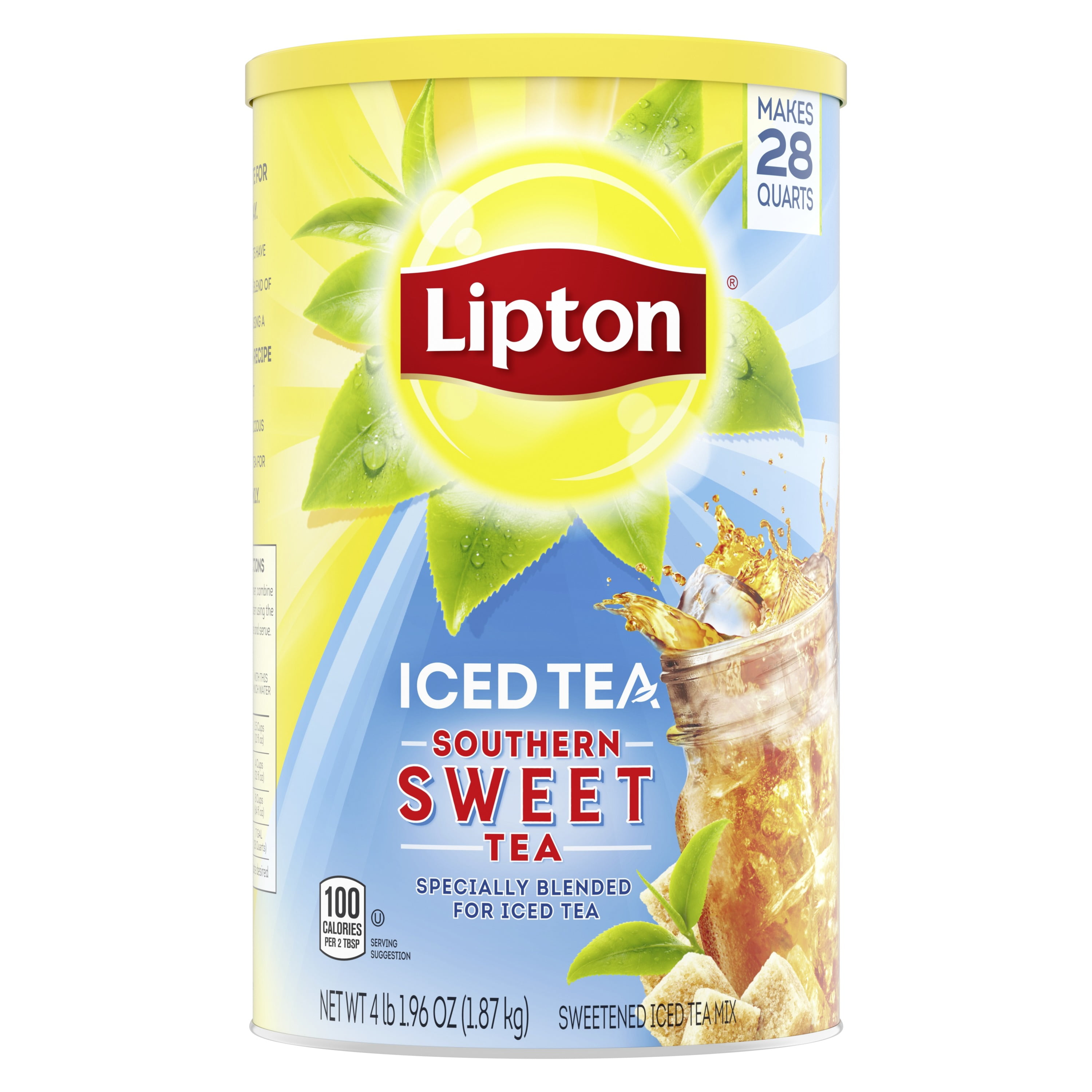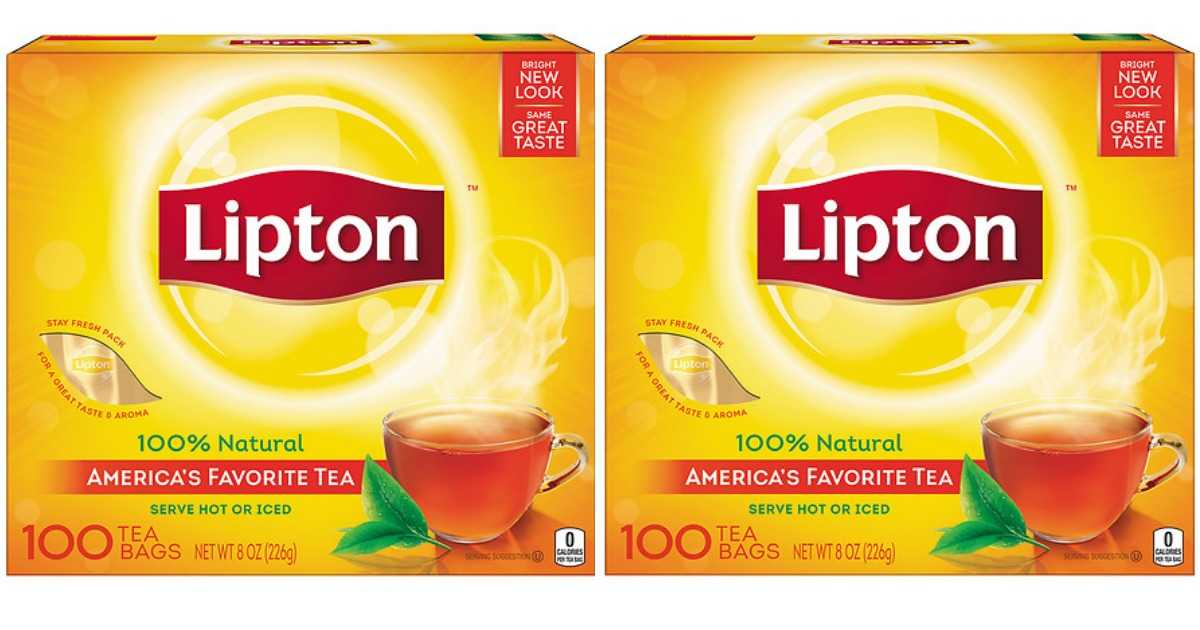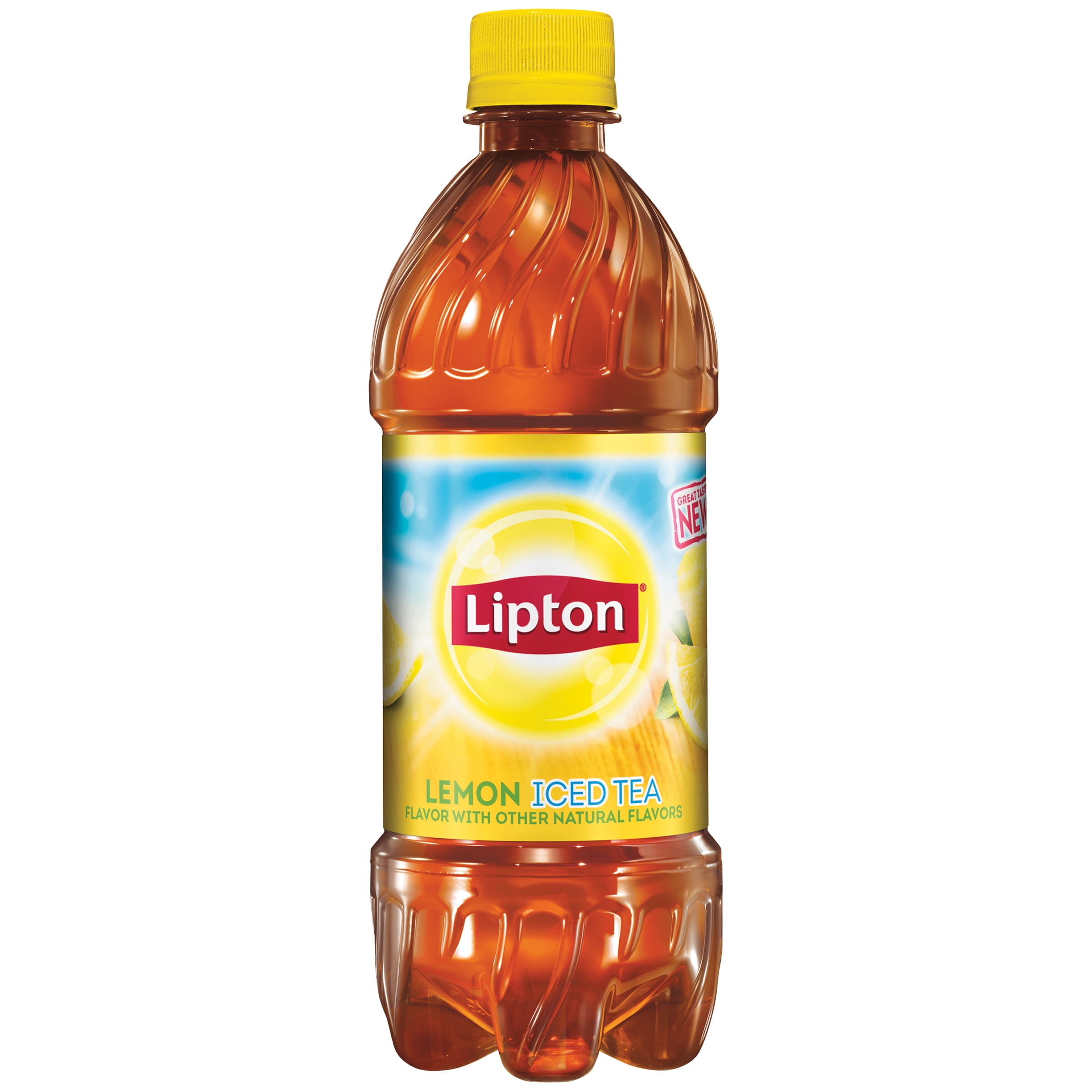

According to a report in Food Navigator, prices will continue to "dynamically" increase, accelerating through 2021. The company increased the price of its goods by 2.2% in June. Unilever is facing its biggest cost increase in raw materials in decades, a spike that includes logistics, fuel, labor, and tea inputs such including fertilizer, a necessity for large-scale production. The food, household, and personal care goliath generated 5.4% sales growth during the second quarter of 2021, but revenue grew sluggishly in 20. Unilever facing biggest cost increases in raw materials in decades Beauty, household, and personal care brands are estimated at $144 billion*, which is greater than the current $184 billion enterprise valuation. Bloomberg estimates the food and refreshment divisions are worth US$62.3 billion (€52.5 billion). Outside investors see the breakup value of Unilever as substantially greater than the whole.

In a news article titled: “ Unilever Must Look Mighty Tasty to Hedge Funds ” Bloomberg writes that the European consumer sector “has been a fertile hunting ground for activists, with Dan Loeb’s Third Point taking a stake in Nestle SA in 2017 and more recently, Bluebell Capital Partners’ campaign for change at Danone SA.

Still, sales of traditional black tea, the largest segment of the category, have been in decline in developed markets for several years due to changing consumer preferences, according to the company. Global brands include Lipton Yellow Label and Brooke Bond and regional brands such as PG Tips and Lyons and specialty brands TAZO, Pukka Herbals, and Australian-based tea retailers T2.Ĭombined, the division is the biggest tea business in the world. The tea portfolio reported $3 billion turnover in 2020. Lipton’s investors are likely to favor a sale. Unilever will keep its operations in India and remain in the profitable PepsiCo-Lipton joint venture in the US.Ĭombined Unilever has the biggest tea business in the world We will start to engage externally very shortly to execute on outcome, and this could be through an IPO, through a sale, or partnership,” said Jope.Ĭarving out tea required the creation of more than 50 legal entities and more than 20 sales forces. We’re very pleased with the progress we’ve made on the complex separation… we’ve filled 3,500 vacancies around the world, we’ve established the sales organizations in our largest markets. He said the company created “an attractive standalone business with dedicated leadership. Jope said he is also prepared to split off the slow-growing tea division in an IPO or partnership.ĭuring a July earnings call, Jope announced that "the operational separation of our tea business is now substantially complete," but he did not offer a timeline for the divestiture. The record-setting pace of investment flowing into business ventures in the US and Europe suggests Unilever’s timely divestiture of a half dozen tea brands will lead to a sale. The separation of the brands is now complete with a sale likely by year-end. Declining sales of low-cost, commodity grade black tea in developed markets due to changing tastes convinced Unilever to sell most of its $3 billion tea portfolio.


 0 kommentar(er)
0 kommentar(er)
